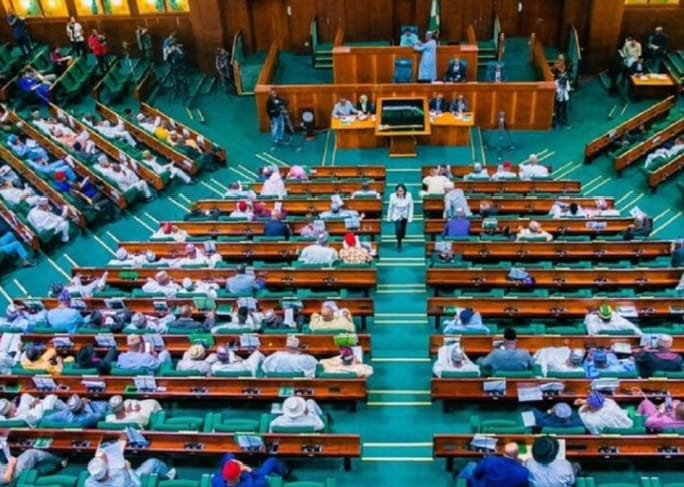In response to the escalating food crisis across the nation, the Nigerian House of Representatives is deliberating a bill that seeks to involve the military directly in agricultural activities, including farming, ranching, and related operations.
A bill titled “A Bill for an Act to Establish the Armed Forces Farms and Ranches Scheme, Enhance Food Security, Promote Economic Diversification, and for Other Related Matters” was presented for its first reading in the House of Representatives last week.
The proposed legislation, sponsored by Hon. Babajimi Benson, who represents Ikorodu Federal Constituency, Lagos State, seeks to bolster food security and drive economic diversification in the country.
Recall that the Nigerian government called for the utilization of land owned by the military for agricultural purposes in July 2024 as part of efforts to mitigate the ongoing food crisis.
Again last week, Vice President Kashim Shettima reaffirmed the Federal Government’s dedication to combating food insecurity during a meeting with a delegation from the World Food Programme (WFP).
“The president has made a firm commitment to addressing the core challenge of food security,” Shettima stated. “There is a pressing need for enhanced collaboration between the WFP and the Nigerian government to strengthen our food systems and improve nutrition across the country.”
Shettima’s remarks underscored the administration’s focus on tackling food insecurity through strategic partnerships and policy initiatives.
A bill exclusively obtained by INDEPENDENT on Monday outlines the establishment of the Armed Forces Farms and Ranches Scheme, to be overseen by the Nigerian Armed Forces.
According to Part II of the bill, the scheme will be implemented under the supervision of the Minister of Defence, in collaboration with relevant government agencies, private sector partners, and international organisations.
Section 3 of the bill highlights the key objectives of the scheme, which include bolstering national food security through increased agricultural production, leveraging military resources for large-scale farming projects, and promoting economic diversification by positioning agriculture as a viable alternative to Nigeria’s oil-dependent economy.
Another key proposal of the bill is the establishment of large-scale agricultural projects aimed at empowering local communities. The initiative also includes providing agricultural training and creating opportunities for both military personnel and civilians to participate.
Part III of the bill reveals the specific functions and powers granted to the scheme.
Sub-section 4 of Part III of the proposed scheme outlines that “military-controlled arable land will be allocated for farming activities.” The scheme will also include training and capacity-building programs for both military personnel and local farmers. Additionally, it will collaborate with government agencies, private sector partners, and international organizations to secure funding, technology, and expertise.
The scheme is further empowered to “acquire, hold, and manage arable land for agricultural production,” while implementing integrated farming systems, which will include crop cultivation, livestock rearing, and fish farming, among other initiatives.
Once established, the scheme will be overseen by a board chaired by an appointee of the President, based on the recommendation of the Minister of Defence.












